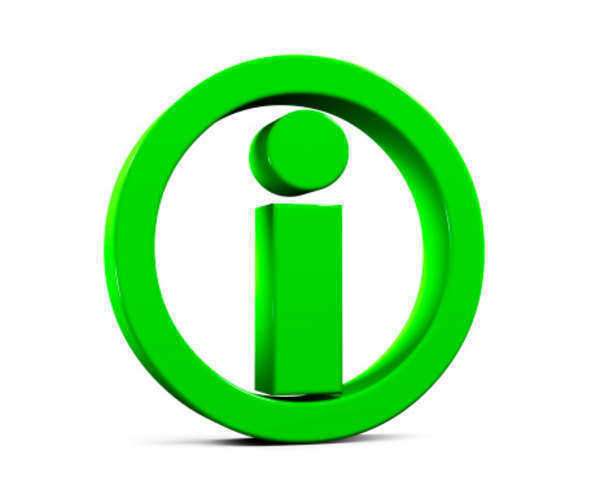Essential Bankruptcy Resources
Bankruptcy books and the Bankruptcy Code are helpful tools, but generally, those considering filing for bankruptcy are advised not to forsake legal representation in favor of these print resources.

Bankruptcy Software
In both the spirit of self-sufficiency and the interest of saving on preparation fees, a number of companies offer software designed to provide the user with authentic versions of necessary bankruptcy petition forms. That said, products from West Publishing, Microsoft and others used to file bankruptcy applications have their shortfalls. Most notably, though the computations performed by these computer programs in calculating disposable income and the like are perhaps more likely to be accurate than the individual work of a professional, proper use of filing software is contingent on a basic understanding of bankruptcy law.
Unfortunately, there may be no real way for filing software to assess the breadth of a user's comprehension of the Bankruptcy Code and the associated Federal Rules. Given this notion, it may be more advantageous for preparers and lawyers to operate such a program than a debtor acting on his or her own behalf.
Means Test Calculators
One of the most spiritedly contested additions of the Bankruptcy Abuse Prevention and Consumer Protection Act of 2005 to bankruptcy law in the United States is the inclusion of a means test designed to keep people above a certain income level from taking advantage of Chapter 7 liquidation proceedings. Whatever one's opinion on this new provision, for the time being the means test is here to stay. Consequently, prospective Chapter 7 filers who are on the proverbial bubble of qualifying to apply must make sure their figures are correct, especially if they are adhering to a more "do-it-yourself"-oriented methodology.
One common solution to this dilemma is to access a means test calculator, whether this be built into a piece of bankruptcy filing software or a free online resource affiliated with a particular website. A means test calculator is little more than an Internet-based version of a section within Chapter 7.
Bankruptcy Notice Providers
Under "normal" circumstances, the issuance of notice to creditors and other interested parties may not be a big production, as debtors will owe money to only a handful of creditors. With large-scale enterprises, such as corporate or municipal reorganization, however, the call to notify claimants, shareholders and residents will be much more demanding considering the wealth of people who may have a stake in liquidation or restructuring. As a result, businesses and towns will frequently designate a third-party bankruptcy notice provider (who must directly petition the courts to be recognized as such) as the party responsible for this task.
Bankruptcy notice providers, who will undoubtedly request material compensation for their services, have experience in compiling lists of known and potential claimants and keeping up with changes in these records over the months, and potentially years, that the case takes. This is only the first step, though. An actual connection must be made with any and all people/organizations that possess a vested interest in the future of this company. In most instances, this will not have to be a physical face-to-face interaction.
However, in the event of litigation where creditors and shareholders may be located throughout the country, bankruptcy notice providers should be capable of initiating and managing print, mail, television, radio, and Internet advertisement campaigns that will publicize the corporation's declaration of bankruptcy. At the same time, paid bankruptcy notice providers should be able to facilitate one-to-one contact between debtors and creditors as requested, and in a way that respect's both parties' privacy.
Bankruptcy Hotlines
Ideally, a prospective bankruptcy declarer will be able consult with and be represented by a qualified, experienced bankruptcy attorney. As much as bankruptcy hotlines have the propensity to differ, though, their potential for the flow of information is a uniting principle among them.
Chiefly, bankruptcy hotlines open to the public will be of primary benefit to those that call in, as these services will connect people with lawyers and paralegals that have a good to adequate understanding of the law for general purposes. That said, a number of official court websites and other court contacts can direct individuals with pertinent information in suspected instances of fraudulent practices to a fraud hotline upon which the Department of Justice may act if the lead is credible.
Online Resources
At least in the acquisition of basic information about bankruptcy and deciding whether or not this course is the right one, Internet resources (along with genuine legal representation) are potentially very helpful to the computer user. Some of the most accurate bankruptcy-related information
can be gathered from government websites that have a certain degree of application to bankruptcy matters.
Certainly, the official page for the U.S. Court system is quite informative, offering, among other things, a Bankruptcy Basics section replete with easy-to-understand videos that explain bankruptcy to the viewer. SEC.gov, the Securities and Exchange Commission website, has its own synopsis of bankruptcy, imaginably from a corporate/investment slant. Plus, the service known as PACER serves as a database for the affairs of bankruptcy court.
Of course, government-sponsored resources on the World Wide Web make up only a sliver of what is out there. Some sites, while not affiliated with a federal bureau, still bring a professional attitude to serving the public with bankruptcy information. For instance, many university programs have forged compendiums of bankruptcy law as the legislation reads, most notably the Cornell University Law School Legal Information Institute. Meanwhile, other resources are more informal, offering more community-based methods of information sharing, but may yet be fruitful pursuits for the Web surfer and debtor.
Blogs and support groups, for example, have an advantage in that they are not as coldly clinical as more official beacons of bankruptcy information. However, because they are not as vigorously fact-checked as their government counterparts, they are a riskier course of study.